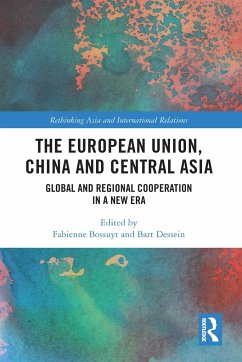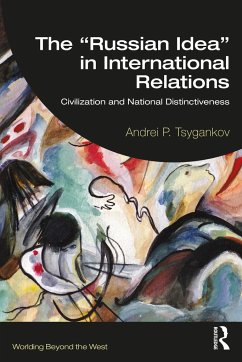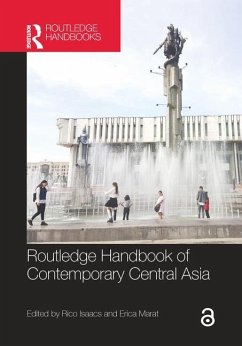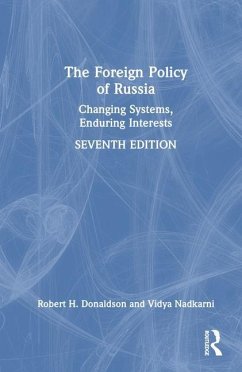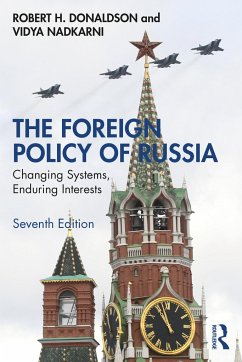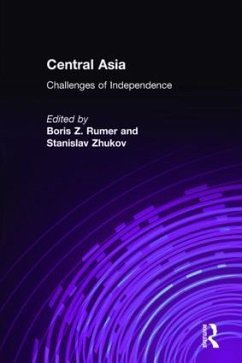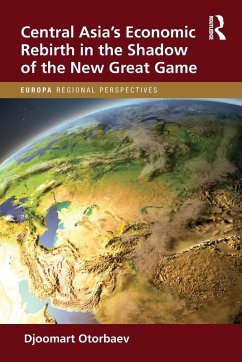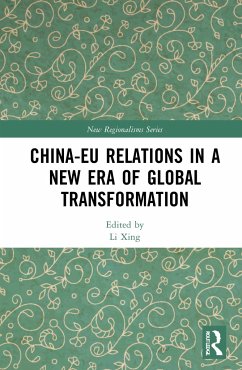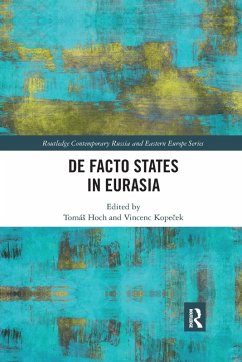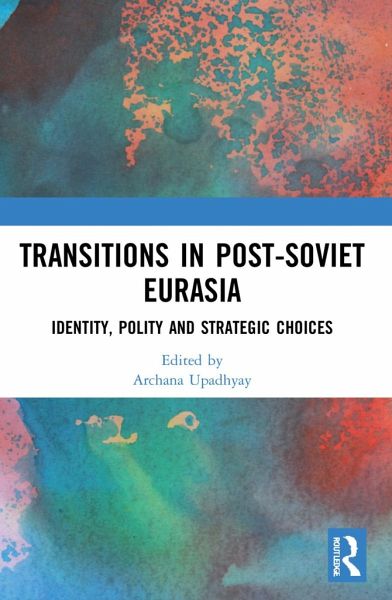
Transitions in Post-Soviet Eurasia
Identity, Polity and Strategic Choices
Herausgeber: Upadhyay, Archana
Versandkostenfrei!
Versandfertig in 1-2 Wochen
56,99 €
inkl. MwSt.

PAYBACK Punkte
28 °P sammeln!
This book discusses the ideological and historical relevance of the term â Eurasiaâ as a concept in the global geopolitical and ethno-cultural discourse. It focuses on the contested meanings attached to the idea and traces its historical evolution and interpretations.





